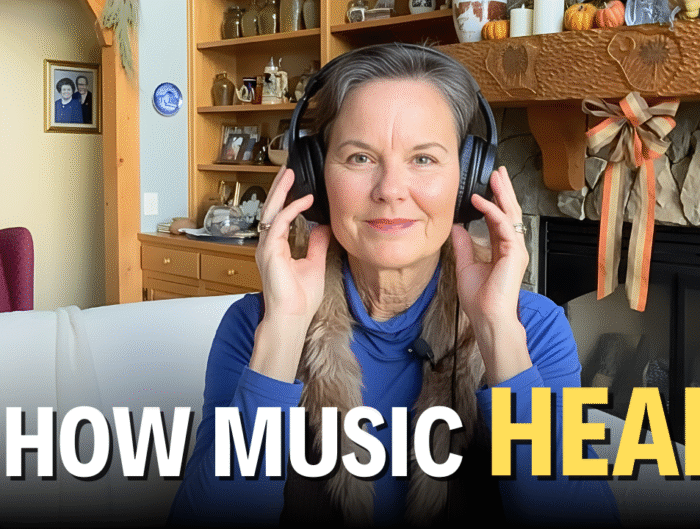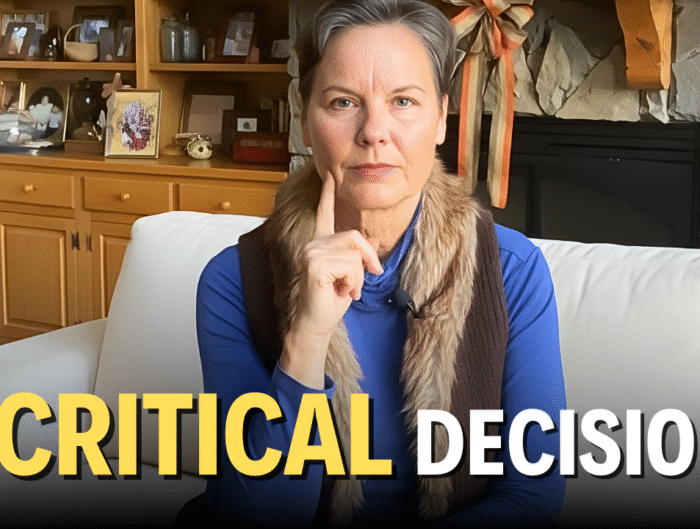The Nobel Prize in Medicine was awarded to a cell biologist, Dr. Yoshinori Ohsumi, in 2016 for discovering the mechanism of autophagy. Autophagy literally means “self-eating.” It’s a God-given process during which cells destroy viruses and bacteria and also recycle and regenerate. Dr. Ohsumi began researching this process back in the 1980’s and 1990’s. Due to his compelling research, there are now more than 5000 studies on autophagy. It’s become the new buzz word in medicine and research.
When the body is in a fasted state, it frees up about 65 percent of the normal energy you expend eating and digesting food. This allows the body to use this same energy to engage in autophagy to help heal and repair cells. As Americans we tend to eat from the moment we wake up to right before we go to bed. Think again. This only allows six to eight hours of autophagy while we sleep. If we can extend this time period occasionally, we can prevent many diseases. Intermittent fasting enables us to do this. Don’t kid yourself, fasting has been around since the beginning of time and is practiced by many religions.
As the research continues to grow, it’s clear to see the many benefits of intermittent fasting:
May improve prognosis for MS patients and improve immune response
May improve blood sugar for type 2 diabetes patients (check with your doctor before using)
The most interesting benefit of fasting I’ve recently discovered is the benefit for cancer patients receiving chemotherapy. I only wish I had known this sooner. When a cancer patient receives chemotherapy in a fasted state, the chemotherapy is absorbed more by the cancer cells than the healthy cells. And isn’t this precisely what we want to have happen! Where did I get this? Several doctors are advocating taking chemotherapy in this way—Dr. David Jockers, Dr. James Forsyth (oncologist), and Dr. Robert Elliott, the doctor who wrote the commentary in my book.
And what might this do to help us prevent cancer and recurrence? There are cancer cells in our bodies all the time. Our bodies have immune systems that when working properly can take care of these cells. If we purposely extend these hours of fasting, we up our chances that our own body can take care of potential cancer cells. I’m not recommending going on a 10-, 20- or 30-day water fast. I’m advocating extending the time your body stays in autophagy by stopping your eating at 6 pm after dinner and not eating again until 10 or 12 the next morning.
Here is a quote from the Nobel Prize winner himself:
As research into autophagy has expanded, it has become clear that it is not simply a response to starvation. It also contributes to a range of physiological functions, such as inhibiting cancer cells and aging, eliminating pathogens and cleaning the insides of cells…I hope to go on to study autophagy at the molecular level, to tackle the mechanism head-on. That is my mission.
I look forward to reading more and more research on autophagy and how fasting activates this important process. What are you learning about intermittent fasting and autophagy?
For Your Health,
Ginny




